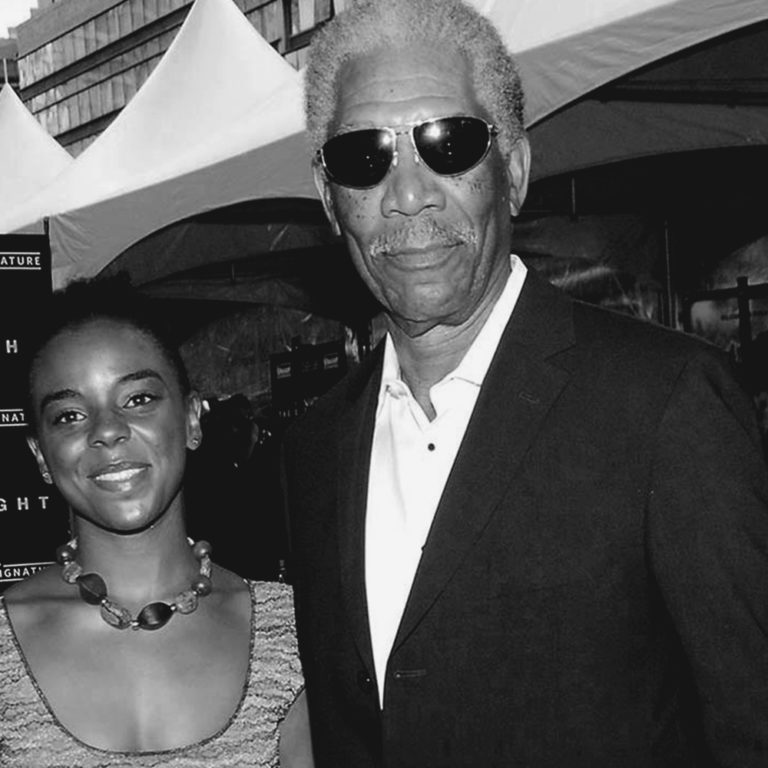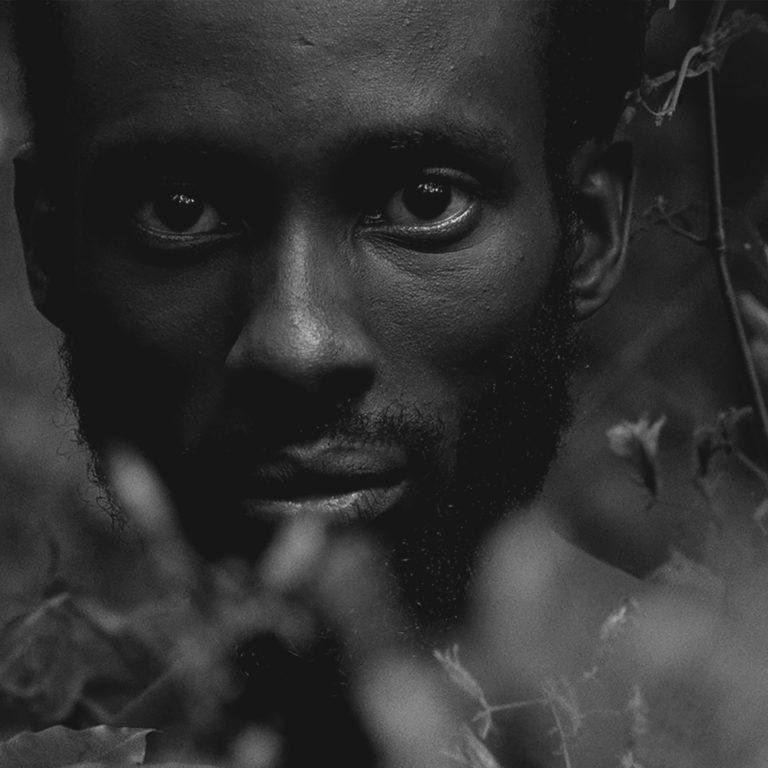To many people God is a concept. He is an idea, a theory, a way of understanding the world. Since He cannot be seen it is hard to believe in Him. After all, how can you trust something you can’t even touch? In school we learned that gravity exists by observing that every time we let go of an apple it falls. But there is no such ‘drop test’ to prove the existence of God. Yet, despite this lack of “proof”, many intelligent people do believe in God. Thousands of people throughout history have devoted their lives to serving Him, despite the fact that they have never seen His face. Ultimately this may lead us to wonder, does it really matter? Does a belief in God really change anything about our lives? Is a belief in the existence of a higher power solely a theoretical idea; something to be discussed at the dinner table with friends?
The Bible is clear about the answer to this question. It tells us that believing in God changes everything about our lives. Accepting God’s existence is a life-altering belief, not only in the hope that it gives us for the future, but in the way God’s presence can change our lives now.
A Promise of Eternal Life
In the most basic way, a belief in God saves our life. God tells us if we believe in Him, and in His son, Jesus Christ, we will be saved from perishing. John’s gospel tells us,
For God so loved the world that he gave his one and only Son, that whoever believes in him shall not perish but have eternal life. (John 3:16)
Our belief in God gives us a hope of eternal life. If we believe in God, He will give us life. If we turn our back on Him we will inherit death as the deserved consequences of our actions.
Today I have given you the choice between life and death, between blessings and curses. Now I call on heaven and earth to witness the choice you make. Oh, that you would choose life, so that you and your descendants might live! Deuteronomy 30:19
What is this eternal life God promises? God promises that there will be a time in the future when His son, Jesus Christ, will return to earth to establish His kingdom. At that time those who have believed in him and are found faithful will be given immortal life and will live with Christ forever.
A Difference in Our Lives Now
But the change that occurs in our relationship with God is not just in our future. While a belief in God gives us great hope for a wonderful eternal life there is a very real way in which a belief in God also changes our lives in the present. The Apostle Paul explains a present day difference between those who believe in God versus those who do not. He reminds the believers in Ephesus of how their lives changed once they believed:
At that time you were separate from Christ, excluded from citizenship in Israel and foreigners to the covenants of promise, without hope and without God in the world. But now in Christ Jesus, you who once were far away have been brought near through the blood of Christ…through him [Christ] we both have access to the Father by one Spirit. Consequently, you are no longer foreigners and aliens, but fellow citizens with God’s people and members of God’s household…And in him you too are being built together to become a dwelling in which God lives by his Spirit. (Ephesians 2:13-14,18,22)
The Picture of a Loving Father
What does it mean to have God as our father and to be known as His child? Does this really change our daily experience?
Accepting God as our father brings with it all of the blessings of a human family. God promises to those who love Him that He will care for them like a father cares for his children.
God cares for His people in real and meaningful ways by providing for their needs and protecting them from harm. Just as a little child needs his father to provide him with food, shelter and safety, once we are a part of God’s family, He will provide for all of our needs in a parental way. For example, God tells the Israelites, “During the forty years that I led you through the desert, your clothes did not wear out, nor did the sandals on your feet…I did this so that you might now that I am the Lord your God.” (Deuteronomy 29:5-6) God’s promises of hope are not just for the future, but make a real difference in our lives right now.
The Place of Suffering in Our Lives
So does this mean that once we believe in God we will get everything that we want? Does a belief In God mean that life will be easy? Even a superficial look at the lives of believers makes it clear that the answer to this question is “no.” It isn’t true that once we believe in God our lives will be free from trial. There are many examples within the pages of scripture of righteous men and women struggling through terrible hardship and trial. How can this be if God promises to answer our prayers and love us as a father? Well, it is because God loves us like a father that He allows us to experience hardship in order to grow. King Solomon writes:
My son, do not despise the Lord’s discipline and do not resent his rebuke, because the Lord disciplines those he loves as a father the son he delights in. (Proverbs 3:11-12)
What God Asks of Us
What does God ask from us in order for us to receive these life altering blessings? Firstly, that we the have faith that He is the creator of the universe. That He does love us and has a plan of salvation for mankind. Paul tells us, “Without faith it is impossible to please God, because anyone who comes to him must believe that he exists and that he rewards those who diligently seek him.” (Heb 11:6) God promises that if we are willing to put our faith in Him as more than just a concept, believe that He is living powerful Father, we will see evidence of His existence in our lives.
So, does believing in God really matter? Does it really change anything about our lives? The resounding answer from scripture is, yes! God promises to those who love Him a hope far greater than anything this world can offer us. If you’d like to know how to build a relationship with God , or perhaps you have questions you would like to ask in order to know God better, please click on the pop-up banner below or send us a message to [email protected]. We’d love to hear from you.
“How does belief in God change my life” originally appeared on one-gospel.org











